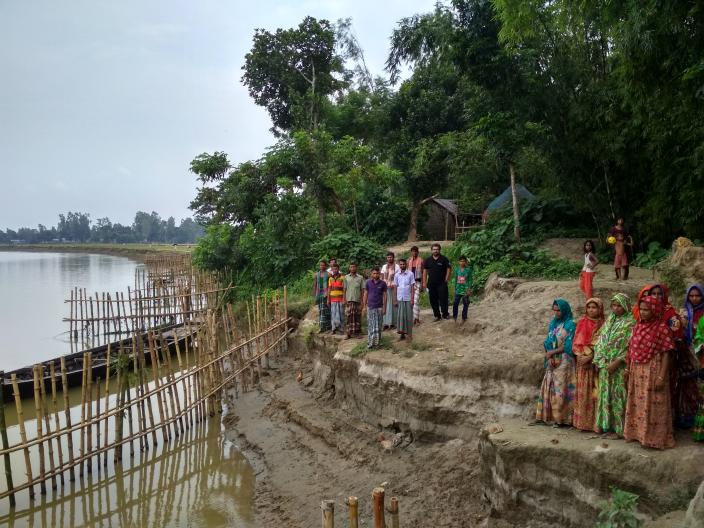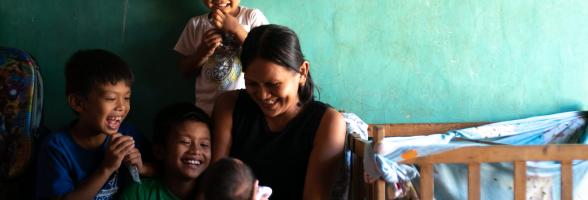Even as the global community is gearing up to mobilize its resources for effective recovery from the Covid-19 pandemic, a large part of the world, especially the developing nations remain under lockdowns in various forms, with marginalized populations coming under increased risk from not only the Covid-19 disease but also lack of access to social safety nets, poor hygiene, living conditions and financial pressures.
Extreme weather events like the Cyclone Amphan exacerbate the impacts of the pandemic on the poor. On 21 May, the cyclone hit coastal India and Bangladesh affecting millions of vulnerable population in its wake, further complicating Covid-19 mitigation measures.
And, while the world’s attention has been mostly centred around proper hygiene practices like handwashing, maintaining social distance, wearing masks and vital services like clean water, a big part of the problem crucial to this public health crisis – poverty and social inclusion, has quietly gone under the radar.
TROSA would like to draw attention towards the millions living below the poverty line in the transboundary river basins of South Asia, where existing social inequalities and lack of rights, predispose the riverine communities to a deadly cocktail of natural hazards like the recent cyclone and health pandemics. A majority of these include women who face the disproportionate and gendered impacts of this crisis and are unable to reach out.
There is an urgent need to reprioritize and reorient our pandemic response and recovery efforts to include those who are the most vulnerable and whose voices go unheard.
Encouraging the representation and participation of local communities and women by making them aware of their rights and roles in shaping local policies can make a positive difference in the way crisis response measures are delivered. Local-level initiatives like Women Empowerment Centres (WECs) in Western Nepal and Nodi Boithok (River meetings) in Bangladesh are good examples of how empowered communities can play constructive and innovative roles in managing water-related issues.
To that end, TROSA has been working with international and local partners to build the capacities of the most marginalized and socially excluded riverine communities to enable their meaningful participation in decision-making processes in the river basins of South Asia.
In this collective effort, TROSA and the Oxfam network remains committed to support local authorities and partners to facilitate knowledge exchange on water governance and the role of communities and how their meaningful involvement can make a positive difference in the recovery.
We stand in solidarity with our support for the World Leader’s Global Call 4 Action on Covid-19 and would like to urge everyone to join the #GlobalCall4Water



